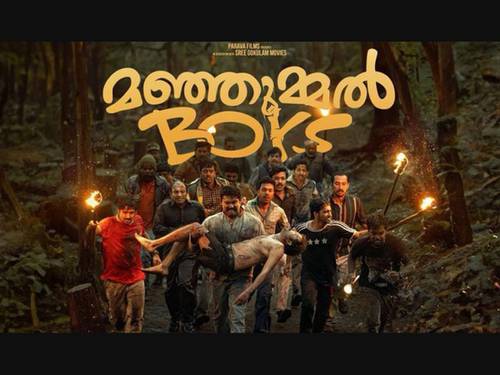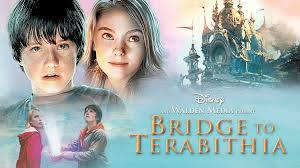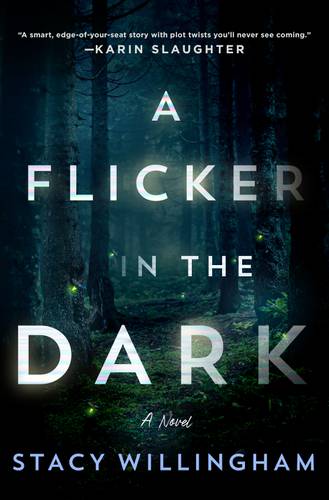“You are not the you that you think you are. You are everything you have thought and done and been and seen.”
It is of no surprise that this book ‘The seven moons of Maali Almeida’ by Shehan Karunatilaka won the Booker prize Award in 2022. The fusion of Srilankan politics, crime thriller, investigative mystery, horror, civil unrest and fantasy makes it obvious to be a definite page turner. The book is set in the 1980s, a time wherein a photographer named Malinda Kabalana Almeida finds himself dead and his body parts floating in the Beira Lake. He has seven moons to solve the mystery behind his death. The photographer is no ordinary person; he has a weapon that could topple the entire Sri Lankan politics. Being a war photographer, he notoriously worked for everyone. The doubts about his death remained unanswered as he was unable to remember the final hours of his life.
The afterlife, being a question that prevails within oneself from the day we are aware of the situation around, is exemplified by the author as a visa like system where the individual must undergo a screening process in order to exonerate the sin they committed.
Keeping this in mind, the protagonist has seven moons to untangle the mystery and has an ability to move anywhere where his name is mentioned. He has a chance to contact the man and the woman he loved the most. With all these inputs, Maali finds himself trapped in many cynical situations that one could never imagine.
The book is not only limited to thrillers, but also the horror which makes it even more interesting. The ghouls and ghosts help Maali to find the reason behind his murder.
From an Indian point of view, the book is a connection to the ethnicity, culture, and religion we share with the Sri Lankans. The mentioning of Goddess Mahakali at certain places makes it apparent bridge over the voids between the Indians and Sri Lankans.
One of the drawbacks of this book is that, when read without a proper knowledge of the Sri Lankan politics, it could be confusing and one might have a feeling of detachment from the whole story. The vocabulary used here might seem hard to perceive as it could disrupt the flow of reading. With a little patience and the knowledge of the Srilankan politics, this book is a wholesome treat to the history lovers. The author’s literary style of exhibiting the real events through fictitious characters is a real breakthrough.
“The moon is always up there, even when you can't see it. You think it stops circling the earth, just because your breath stops?”
"You know why the battle of good vs evil is so one-sided, Malin? Because evil is better organised, better equipped and better paid. It is not monsters or yakas or demons we should fear. Organised collectives of evil doers who think they are performing the work of the righteous. That is what should make us shudder”





